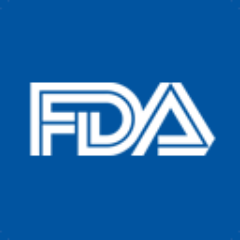In a move that was not unexpected, the U.S. Food and Drug Administration (FDA) will increase the user fees it is charging the U.S. tobacco industry. For Fiscal Year (FY) 2018, the industry will be charged $672 million dollars – an increase of $37 million dollars from FY 2017. From those numbers $64 million dollars will be charged to the cigar industry for FY 2018 – up $5 million dollars from FY 2017.
User fees are collected from manufacturers and brand owners subject to regulation by the U.S. Food and Drug Administration. This was something the premium cigar industry had not been subject to, but last year with the implementation of the Deeming Rule, that all changed. These fees are used to fund the cost of regulation by the FDA.
User Fees are calculated based on excise tax information, which is now required to be submitted to the FDA by all tobacco companies. The FDA then uses this information to calculate user fees – which are distributed among six tobacco categories: Cigarettes, Snuff, Roll Your Own Tobacco, Chewing Tobacco, Pipes, and Premium Cigars.
For premium cigars excise taxes correlate to the amount of sales – i.e. the more a company sells, the higher the excise tax and thus the higher the user fee for that company. User fees are paid quarterly and paid directly to the FDA.
Most likely, these additional costs the companies that will be incurring will be passed to the consumer. It is anticipated for FY 2019, the tobacco industry will be hit with fees totaling $712 million.






The Scoop With Coop – KMA Talk Radio
October 2, 2017 @ 2:18 pm
[…] User Fees Increase for Tobacco Industry for FY 2018 […]